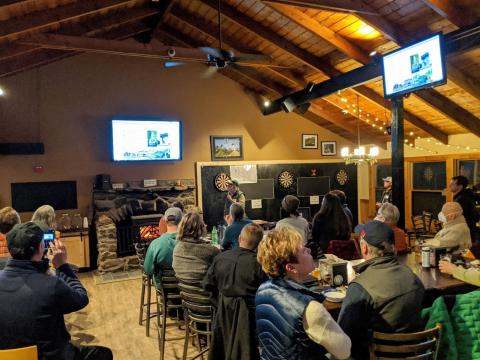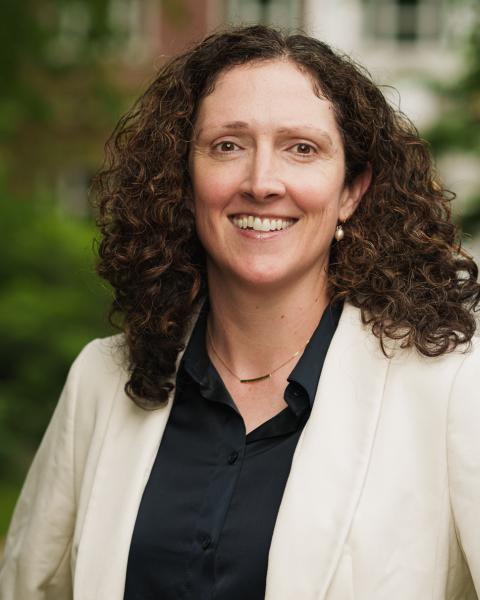Building Trails and Finding Connections with DIRT
Almost every community in New Hampshire has some type of trail, whether it be a rail trail, riverwalk, hiking loop or path through a community forest. Trails are economic infrastructure and can literally and figuratively connect communities and economic activities. Many groups care about and are connected to trails and their maintenance. In one small New Hampshire town alone, there may be several community groups dedicated to building and maintaining various types of recreational trails. Even in a small community, these groups may not know much about one another’s activities, and they may not have had a chance to consider how they might come together to support one another. Tasks like project planning, grant writing, fundraising, and volunteer management can be big endeavors, especially for members and leaders of volunteer-based organizations, who may be short on time or have limited prior experience.
These are issues that a group of UNH faculty, Extension staff, and external partners aim to address through an interdisciplinary working group recently funded through UNH’s Collaborative Research Excellence (CoRE) initiative. This working group, under the moniker “DIRT” (Developing Interconnections for Regional Trails), combines interests in outdoor recreation, natural resource management, tourism, and workforce development, creating bridges between Extension teams, UNH departments, and state and community partners. UNH Extension Community and Economic Development specialists have already been working with more than a dozen recreation-related organizations and businesses in the Central New Hampshire region, such as through the Foothills Foundation and Central NH Trails Roundtable gatherings. These regional stakeholders create a bedrock of engagement enabling the Franklin-Laconia corridor region to serve as a case study for the UNH team to better understand what trail organizations need most to build their capacity and reach their goals. In sum, this highly participatory project is designed to give trail organizations access to customized education and resources, while providing university-based researchers and educators with insights that may be usefully applied in other communities, as well.
DIRT will be kicking off its community engagement in mid-September with three information-sharing and networking meet-ups in Northfield, Gilford, and online, which will collectively help to inform an upcoming workshop series scheduled for late 2023 through Spring 2024. Additionally, UNH Extension will be continuing to offer a variety of statewide programming this fall aimed at helping communities kickstart community projects and collaborations, including the webinars “Connecting Downtowns & Trails - Opportunities & Challenges” on October 12th and “Building and Sustaining Effective Collaboration” on October 25th. Those interested in the DIRT project can also connect with working group members at the upcoming Graniteer festival on September 30th in Littleton.
Groups and individuals interested in the DIRT initiative (particularly trail organizations, community groups, and recreation businesses in Belknap and Merrimack counties) should contact Jada Lindblom, Belknap County Community and Economic Development Field Specialist, at jada.lindblom@unh.edu or Mike Polizzotti, Merrimack County Community and Economic Development Field Specialist, at michael.polizzotti@unh.edu.

Representatives from regional trail groups share their latest projects during a Central NH Trails Roundtable meeting at Highland Mountain Bike Park.



